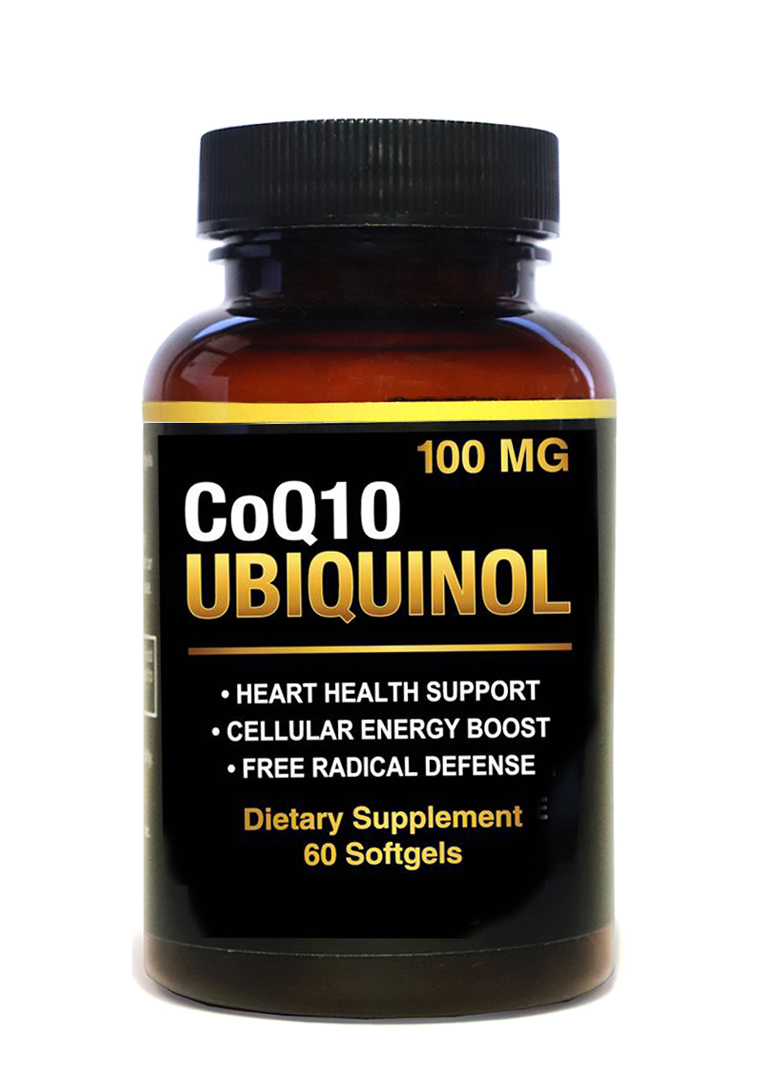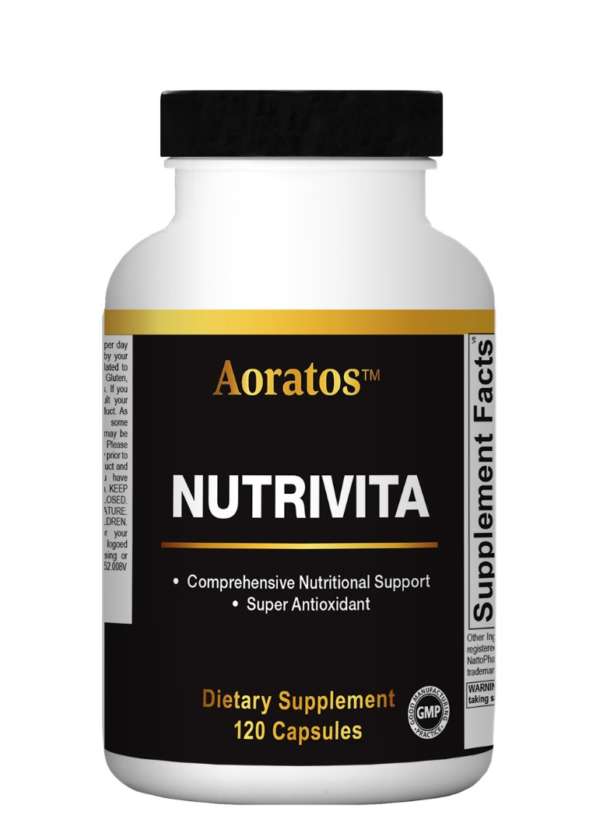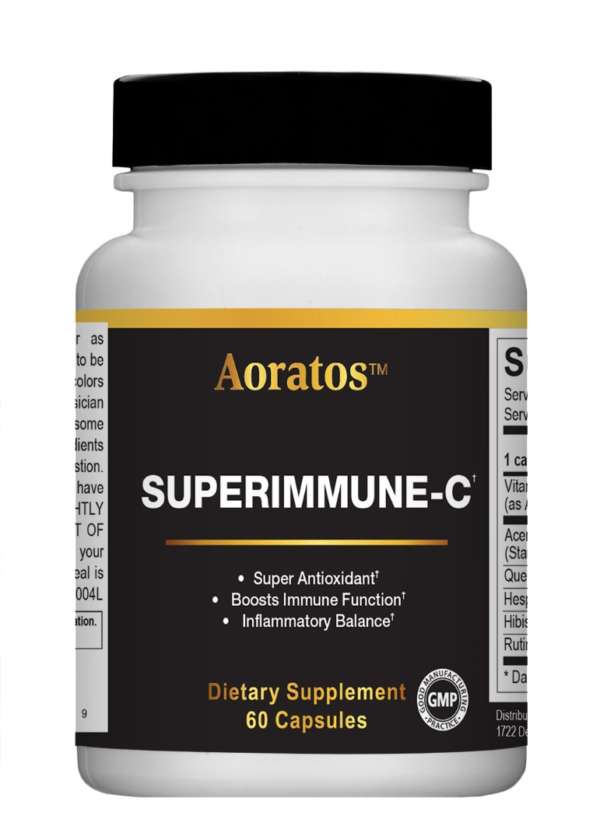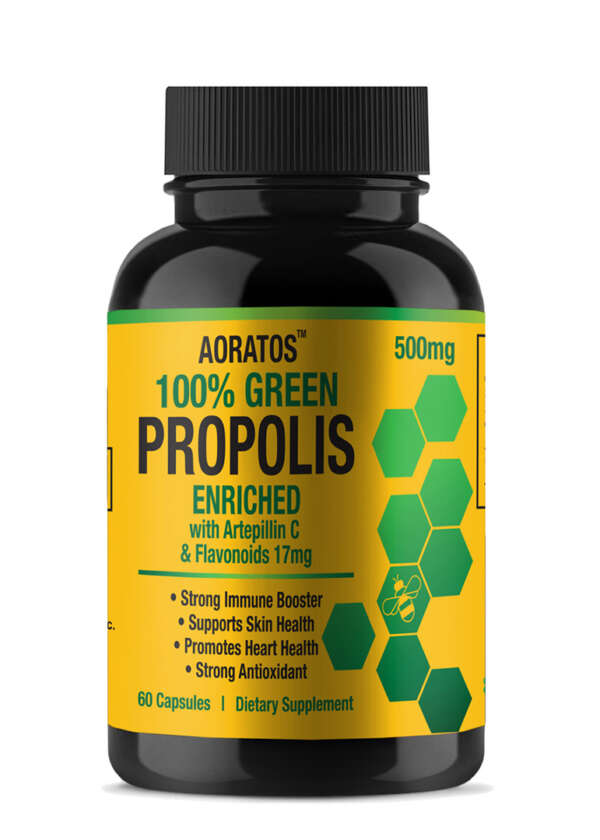Description
Product Information
CoQ10 is a coenzyme naturally produced by the body. It is a vital factor in triggering energy in the mitochondria, which are essential organelles in every cell of our bodies, energy that our cells need to do their work. CoQ10 is especially important in key organs like the heart, liver, and kidneys, which burn lots of energy. In its reduced form, ubiquinol, CoQ10 also works as an antioxidant to help protect against free radical damage in our cells. Especially, ubiquinol inhibits lipid peroxidation in biological membranes and in low-density lipoprotein (LDL), and it also protects membrane proteins against oxidative damage. While ubiquinol does not require vitamin E for its antioxidant activity, it can regenerate the vitamin from its oxidized form, the alpha-tocopheroxyl radical, a process that otherwise relies on water-soluble vitamin C. The interaction with vitamin E is thought to be particularly important for the protection of LDL and other lipoproteins from oxidative damage, supporting an antioxidant function of ubiquinol against LDL oxidation in blood vessels. CoQ10 is also an important micronutrient which improves the cases of severe CoQ10 deficiency resulting from enzyme defects, muscular and organ dysfunctions. However, its bioavailability is limited compared to that of other lipid-soluble antioxidants like vitamin E due to its poor absorption into the bloodstream. Recent advances in CoQ10 delivery technology now provide Ubiquinol CoQ10 which enhances the bioavailability and absorption of bioactive reduced form of CoQ10, ubiquinol. Compared with conventional ubiquinone CoQ10, Ubiquinol is superior in efficacy.
Uses & Benefits
There are a number of conditions in which CoQ10 tissue concentrations are altered with functional consequences. Oxidative stress generated by, for example, physical exercise increases tissue ubiquinone levels by increasing biosynthesis, as does administration of drugs like clofibrate. In contrast, aging is generally associated with decreases in tissue CoQ10 levels, For example, levels of CoQ10 in the
cardiac muscle is sharply depleted by as much as 72%, compared with youth. Each year, about one million Americans are hospitalized because of congestive heart failure and nearly 53,000 die directly from it. A predicted increase in heart failure mortality can be attributed to several factors, including obesity and diabetes, more people surviving heart attacks with cardiac muscle damage, and an aging population. From extensive research, It has been reported that normal aging causes a severe depletion of CoQ10 in tissues throughout the body, which helps explain why older people suffer more congestive heart failure. Importantly, recent study shows that more cardiac patients are dying from congestive heart failure due to prescribing of statin drugs without sufficient CoQ10 intake. Since statin drugs deplete CoQ10 synthesis in the body, one can easily see why congestive heart failure deaths are skyrocketing in those being aggressively treated by mainstream cardiologists. Those at high risk for heart disease (such as diabetes) and those who have survived a heart attack often need to be prescribed a statin drug to reduce additional coronary artery occlusion. These statin drug users also need to supplement with an adequate amount of CoQ10 to protect against the cardiac cell energy depletion that is the underlying cause of congestive heart failure. In the skin, the levels of CoQ10 are low in childhood, reach a maximum at around 20-30 years of age, and then decrease steadily with increasing age. Recent study shows that CoQ10 attenuate both the depth of deep wrinkles characteristic of photoaging, as well as the turnover of epithelial cells. CoQ10 is also highly effective in protecting skin cells known as keratinocytes from oxidative DNA damage induced by ultraviolet light. Evidence is also accumulating for a role of CoQ10 in the treatment of mitochondrial disorders and neurodegenerative diseases, such as Parkinson’s disease, Huntington’s disease, and amyotrophic lateral sclerosis (ALS). A number of case reports suggest a beneficial effect of supplemental CoQ10 in patients with known mitochondrial disorders. Cancer is both the result and a significant cause of free-radical damage related to inflammation. A common side effect cancer victims face is chemotherapy-induced immune suppression that leaves patients susceptible to life-threatening infections. Recent discoveries show that CoQ10 not only helps prevent healthy cells from undergoing malignant changes, but also protects against chemotherapy side effects and inflammatory damage inflicted on the body by cancer cells. Since CoQ10 was first discovered in 1957 by Fred Crane, it has been seen only as a nutrient related to cellular energy metabolism and has therefore been best known for its beneficial effects on heart muscle and brain tissue. In recent years, CoQ10 has found a vast new role in maintaining health and prolonged life.
Side Effects & Safety
This product usually has very few side effects, nausea, loss of appetite, upset stomach, or diarrhea may rarely occur. If any of these effects persist or worsen, contact your doctor promptly. A very serious allergic reaction to this product is rare. However, seek immediate medical attention if you notice any of the following symptoms of a serious allergic reaction: rash, itching/swelling (especially of the face/tongue/throat), severe dizziness, and trouble breathing. If you notice other effects not listed above, contact your doctor or medical professionals.
Specific Precautions & Warning:
Before taking coenzyme Q10, tell your doctor or pharmacist if you are allergic to it; or if you have any other allergies. This product may contain inactive ingredients, which can cause allergic reactions or other problems. Talk to your pharmacist for more details. If you have any of the following health problems, consult your doctor or pharmacist before using this product: diabetes, heart disease. During pregnancy, this product should be used only when clearly needed. Discuss the risks and benefits with your doctor. It is not known whether this product passes into breast milk. Consult your doctor before breast-feeding.
Interactions:
Before using this product, tell your doctor or pharmacist of all prescription and other medications you may use, especially of: drugs for high blood pressure, “blood thinners” (e.g., warfarin), drugs for diabetes, drugs for high cholesterol (e.g., atorvastatin, lovastatin). This document does not contain all possible interactions. Therefore, before using this product, tell your doctor or pharmacist of all the products you use. Keep a list of all your medications with you, and share the list with your doctor and pharmacist.
Dosing:
When CoQ10 is orally ingested, only a certain percentage is actually absorbed into the bloodstream. Recent studies in humans indicate that higher doses of CoQ10 provide significantly better effects that the doses that supplement users typically take. Since CoQ10 is such an invaluable nutrient, an alternative to taking higher doses is to increase the amount of CoQ10 that is absorbed. Aoratos nature now provides a new product with an enhanced delivery system that significantly increases the amount of CoQ10 absorbed in the bloodstream. A 50mg softgel of Super Bioactive CoQ10 as a form of reduced ubiquinol has superior assimilation of CoQ10 into the bloodstream and good bioavailability. Recommended dose is 1 or 2 softgels daily.






